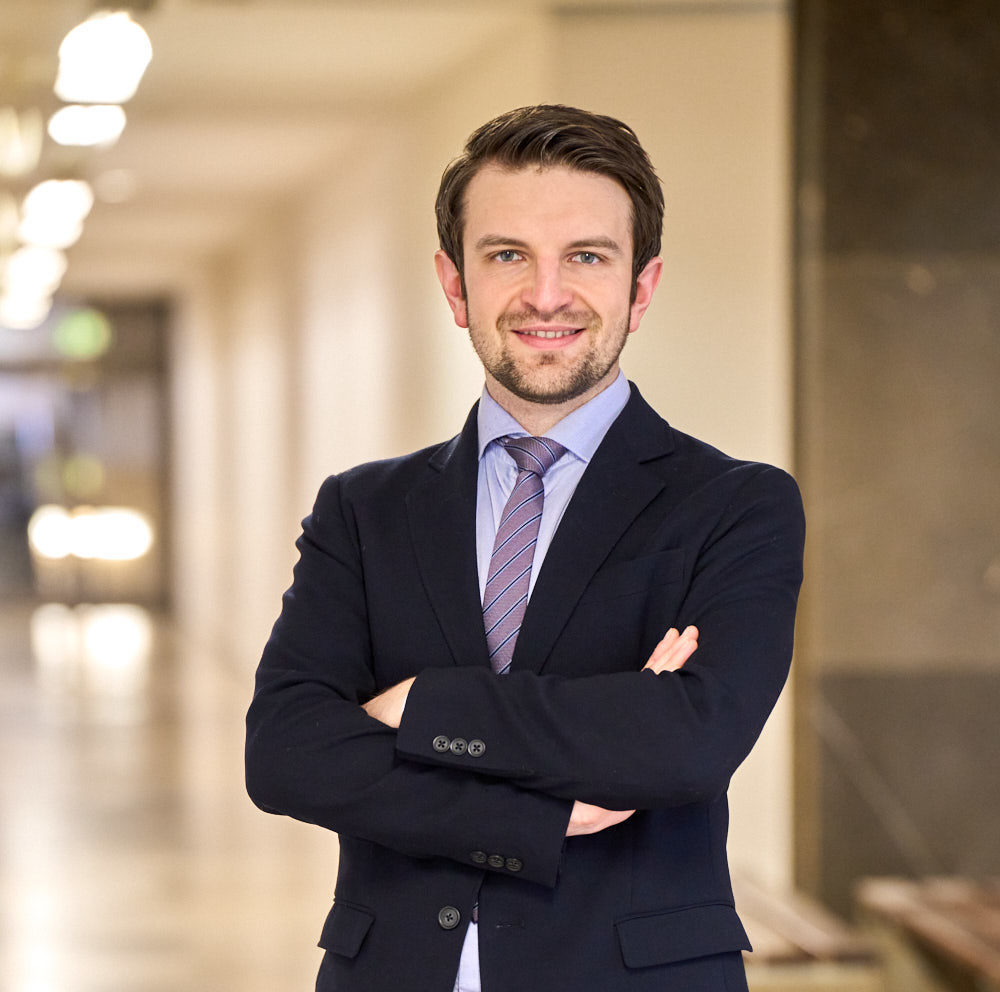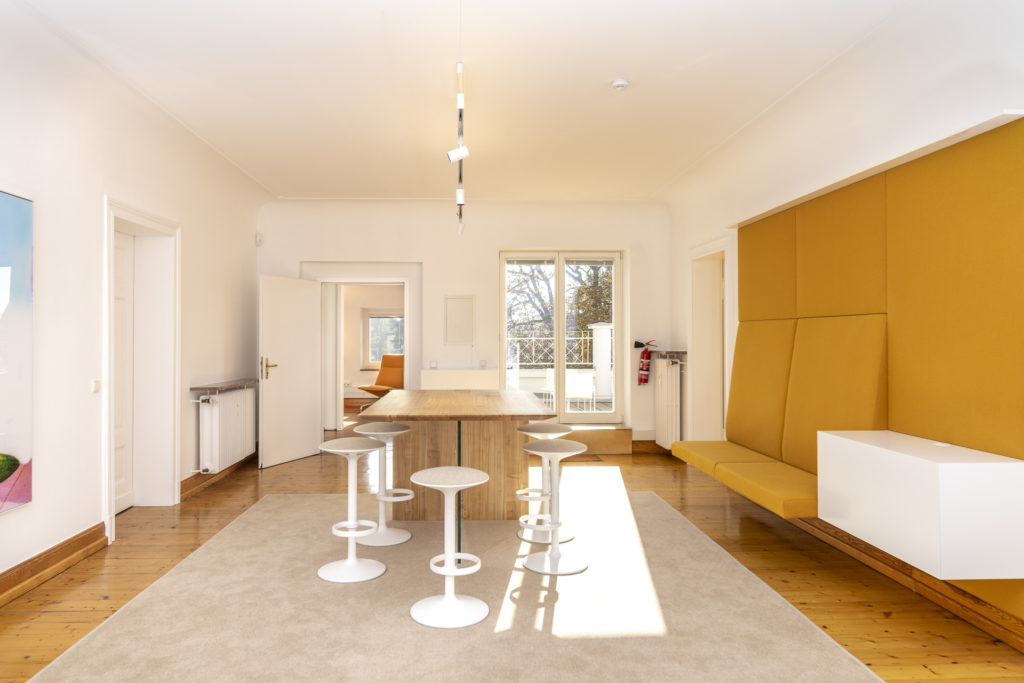Iulian Romanyshyn

The Impact of Russia's war against Ukraine on a European Security Order
Relations between the EU and NATO represent something of a paradox. That these two organizations existed separately made perfect sense during the Cold War, when one provided internal prosperity and the other external security. However, since the fall of the Berlin Wall, the changing landscape of security threats as well as increasingly overlapping tasks and resources have exposed concerns about an optimal mode of the inter-institutional coexistence. Since the early 2000s, the leadership of the two organizations defined their relationship as a strategic partnership. At the same time, officials and diplomats regularly stress the unrealized potential of the partnership, while analysts explain the lack of substantial cooperation between the two bodies with their mutual suspicion and stalemate in the high-level political dialogue. This project investigates the driving forces behind the increased EU-NATO ties by asking whether, to what extent and how Russia’s aggression against Ukraine opened avenues for enhanced relations between the two institutions.
Biography
Dr. Iulian Romanyshyn is a fellow at the Academy of International Affairs NRW and a senior fellow at the Center for Advanced Security, Strategic and Integration Studies (CASSIS) at the University of Bonn. He previously held research and teaching positions at New York University, Maastricht University, Free University of Brussels and European University Institute, as well as research fellowships at the Charlemagne Prize Academy and the NATO Defense College. Mr. Romanyshyn’s research interests include transatlantic security relations, EU security and defence policy, Black Sea security and EU-Ukraine relations.
Iulian Romanyshyn's research has been acknowledged with the 2018 Global Strategy PhD Prize awarded by the Egmont Institute for International Relations and the European Security and Defence College.
Iulian Romanyshyn holds a PhD in political science from the IMT School for Advanced Studies Lucca, master’s and bachelor’s degrees from Maastricht University, College of Europe (Bruges), and the National University of Kyiv-Mohyla Academy.
